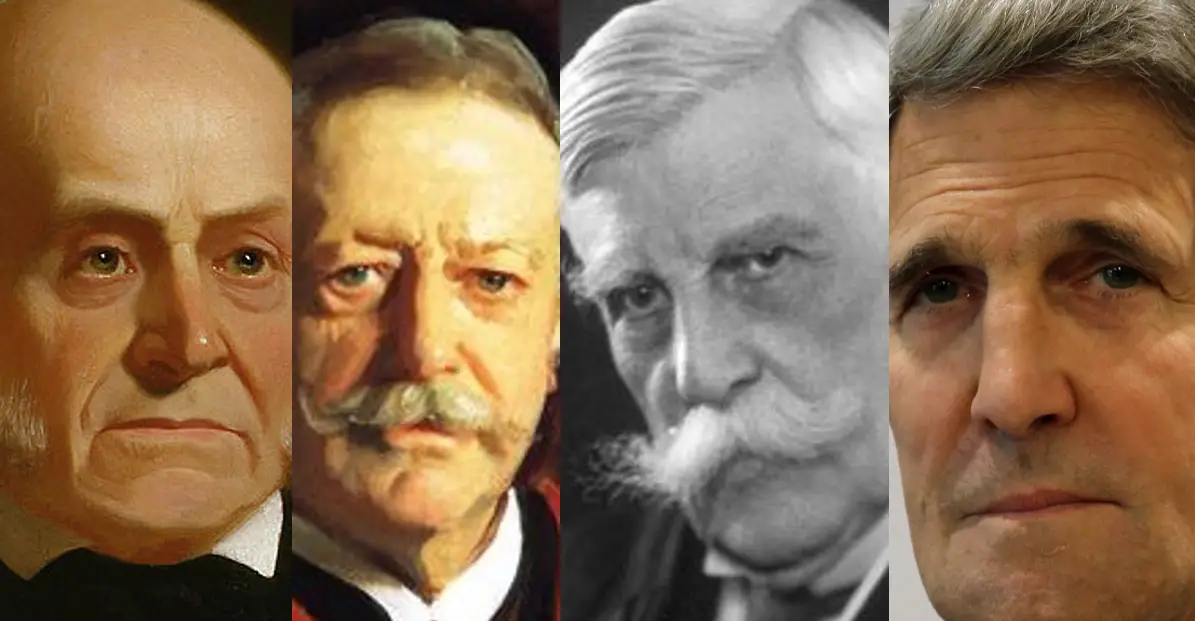The term "Boston Brahmin" refers to a group of elite families in Boston, Massachusetts, known for their wealth, social status, and cultural influence. These families, who emerged in the 17th century, played a significant role in shaping the city’s history, politics, and society. In this article, we will delve into the lives of some of the most famous Boston Brahmins, exploring their contributions, achievements, and lasting impact on American society.

Early History of Boston Brahmins
The Boston Brahmins were primarily descended from English colonists who settled in the Massachusetts Bay Colony in the 17th century. These early settlers, including families like the Cabots, Lodges, and Lowells, established themselves as leaders in trade, commerce, and politics. Over time, they developed a distinct culture, characterized by their love of learning, appreciation for the arts, and commitment to public service.
Notable Boston Brahmins
- John Jacob Astor (1763-1848): Although not born in Boston, Astor, a German-American businessman, married into a prominent Boston Brahmin family and became one of the wealthiest men in America. He played a significant role in the development of the American fur trade and was a pioneer in the country’s financial sector.
- Ralph Waldo Emerson (1803-1882): A renowned philosopher, poet, and essayist, Emerson was a leading figure in the Transcendentalist movement. He was born into a Boston Brahmin family and drew heavily from his roots in his writings, which emphasized individualism, self-reliance, and the importance of nature.
- Henry Cabot Lodge (1850-1924): A politician, historian, and diplomat, Lodge was a member of one of the oldest and most influential Boston Brahmin families. He served as a U.S. Senator from Massachusetts and was a key figure in the development of American foreign policy.
- Isabella Stewart Gardner (1840-1924): A prominent art collector, philanthropist, and member of the Boston Brahmin elite, Gardner founded the Isabella Stewart Gardner Museum, which remains one of the most beloved cultural institutions in Boston.
- Oliver Wendell Holmes Sr. (1809-1894): A physician, poet, and essayist, Holmes was a prominent figure in Boston’s literary and intellectual circles. He was a member of the Saturday Club, a group of Boston Brahmins who met regularly to discuss literature, politics, and philosophy.
- John F. Kennedy (1917-1963): Although not traditionally considered a Boston Brahmin, Kennedy’s family married into the Brahmin elite, and he was influenced by their values and traditions. As the 35th President of the United States, Kennedy embodied the public service ethos that characterized the Boston Brahmins.
Contributions of Boston Brahmins
The Boston Brahmins made significant contributions to American society, including:
- Education: Many Boston Brahmins were instrumental in founding and supporting some of the country’s most prestigious educational institutions, such as Harvard University, the Massachusetts Institute of Technology, and Boston University.
- Politics: Boston Brahmins played a leading role in shaping American politics, with many serving as elected officials, diplomats, and policymakers.
- Arts and Culture: The Boston Brahmins were patrons of the arts, supporting institutions like the Boston Symphony Orchestra, the Museum of Fine Arts, and the Boston Public Library.
- Philanthropy: Many Boston Brahmins were dedicated philanthropists, supporting causes such as education, healthcare, and social welfare.
Frequently Asked Questions (FAQ)
- What did the term "Boston Brahmin" originally mean?
The term "Boston Brahmin" was coined in the 19th century to describe the city’s elite families, who were considered the equivalent of the Hindu Brahmin caste. - How did the Boston Brahmins maintain their social status?
The Boston Brahmins maintained their social status through a combination of wealth, family connections, education, and cultural achievements. - Were the Boston Brahmins exclusively Protestant?
While many Boston Brahmins were Protestant, the group was not exclusively Protestant. Some families, like the Cabots, were Catholic, and others, like the Leows, were Jewish. - How did the Boston Brahmins influence American culture?
The Boston Brahmins had a profound impact on American culture, shaping the country’s literary, artistic, and intellectual traditions. - Are there still Boston Brahmins today?
While the traditional Boston Brahmin elite has largely disbanded, many families continue to identify with the group’s values and traditions.
Conclusion
The Boston Brahmins were a unique and influential group of families who played a significant role in shaping American history, politics, and culture. Through their contributions to education, politics, arts, and philanthropy, they left a lasting legacy that continues to be felt today. As we reflect on the lives and achievements of famous Boston Brahmins, we are reminded of the importance of public service, intellectual curiosity, and cultural appreciation. While the traditional Boston Brahmin elite may no longer exist, their values and traditions continue to inspire and influence American society. As we move forward, it is essential to recognize and learn from the achievements of these remarkable individuals, who embodied the best of American civic culture and helped shape the country into what it is today.
Closure
Thus, we hope this article has provided valuable insights into The Illustrious Legacy of Famous Boston Brahmins. We appreciate your attention to our article. See you in our next article!




